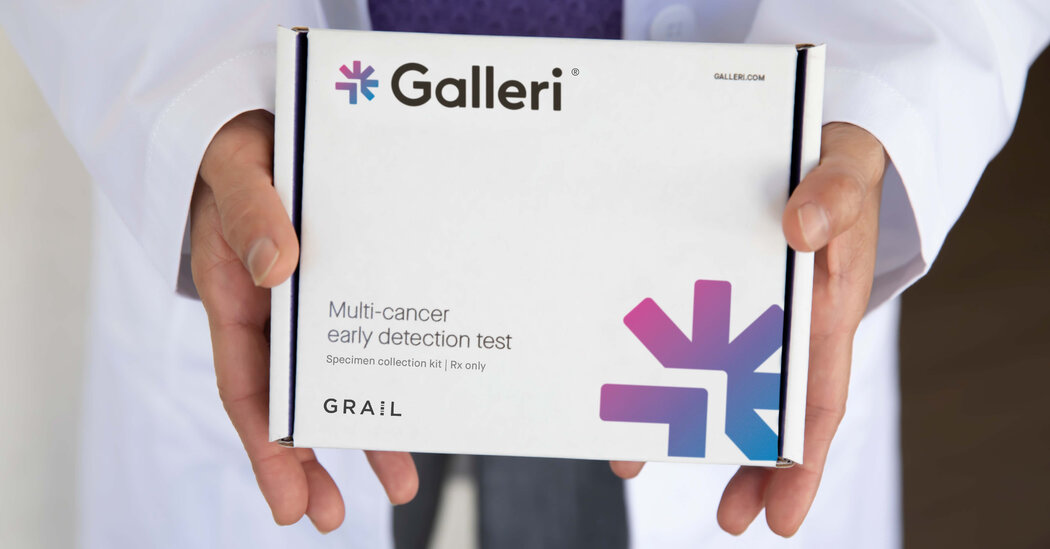A company that has developed a blood test that detects dozens of types of cancer has admitted that around 400 customers were wrongly told they might have the disease last month.
The company, Grail, said in an emailed statement on Sunday that a vendor it worked with had sent hundreds of letters with incorrect test results because a “software configuration issue” had been resolved.
The letters were sent to customers who had recently purchased Grail’s Galleri test, which uses a blood draw to detect cancer signatures common to 50 types of cancer and is available only by prescription.
The problem was not caused by inaccurate test results, Grail said. More than half of those who received the letter in error have yet to draw blood for testing, the company said.
Grail said in its statement that vendor PWNHealth notified Grail on May 19 that an “inaccurate form letter” had been sent to approximately 400 customers between May 10 and May 18. The Financial Times reported the inaccurate news.
After being notified of the issue, Grail said it reached out to affected customers by phone and email. “As a result of this issue, no patient health information was disclosed or compromised, and no patient harm or adverse events were reported,” it said.
PWNHealth said in an emailed statement that after learning of the issue, it discovered a “misconfiguration” in the system used to send template messages to people. The company did not specify how it learned of the problem.
“We addressed the potential issue within an hour of becoming aware of the issue and implemented additional processes to ensure it did not recur,” the company said. “Working with Grail, we began contacting affected individuals within 36 hours. affected individuals.”
The letter of test results was sent in error amid a regulatory battle between the US and Grail’s parent company, Illumina, a leading maker of gene sequencers. Illumina acquired Grail in August 2021.
In April, the FTC ordered Illumina to spin off Grail because the acquisition could “stifle competition and innovation in cancer detection,” raising prices and reducing choice for consumers.
Illumina said it would appeal the FTC’s ruling and a similar regulatory challenge from the European Union. Winning two appeals would make the Galleri test more widely available, as well as more affordable and profitable, the company said in April.
If the appeal fails, Illumina will “move swiftly to divest” Grail, the company said.


